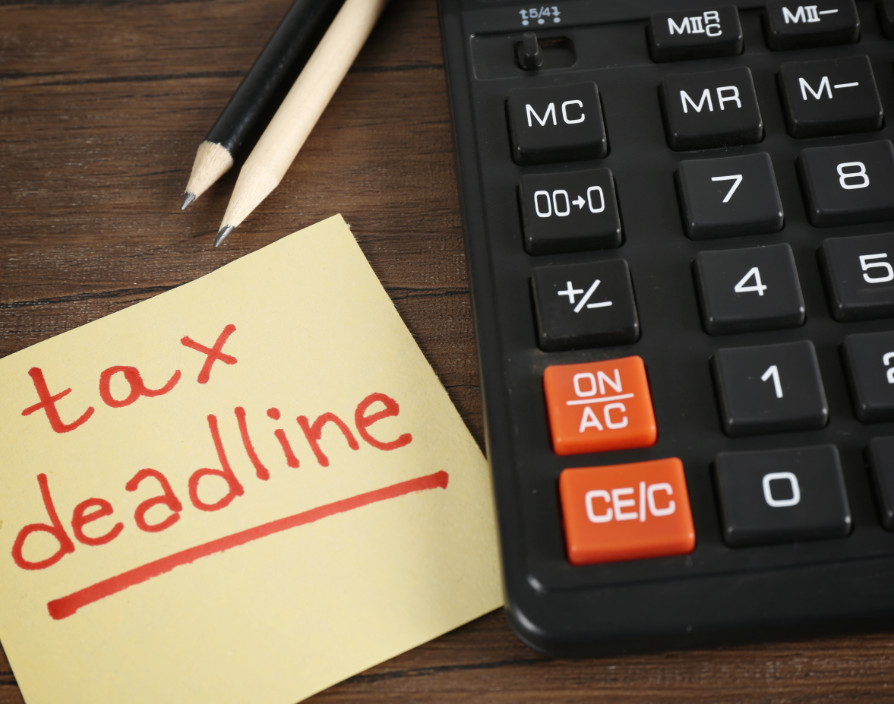HMRC’s announcement that there will be a one-month postponement of the Self Assessment deadline to the end of February has been welcomed with a sigh of relief from businesses across the UK given the current staffing absences businesses, their accountants, as well as HMRC itself, are experiencing due to the Omicron variant. But this reprieve doesn’t remove the requirement to pay, or make arrangements to pay for this tax by the end of the month where 2.75% interest is charged or 1 April to avoid the 5% late filing penalty.
The overall benefit of the postponement is clear: this delay eases the pressures facing SMEs and allows businesses the time to get themselves organised and seek support if they are unable to pay in full by the deadline, all while navigating a depletion in staff levels. However, it’s not all smooth sailing from here – the extra month to review finances comes at a particularly turbulent time for businesses as they enter the New Year and try to plan ahead. Our own research revealed that a third (30%) of UK accountant practitioners anticipate SME clients will need to use their overdraft facility in the next six months as organisations struggle to return to pre-Covid levels of productivity or turnover.
As welcome as this announcement is, there are still clearly challenges ahead for both businesses planning ahead, managing and navigating their cash flow, and for HMRC in seeking to recover unpaid taxes. It’s been recently reported that tax debts hit £42 billion, with 6.2 million taxpayers owing money to HMRC increasing pressure on small businesses who are now faced with paying back the tax bill on the grants and payments they received to keep them afloat from the early stages of the pandemic. This coupled with the future increased tax on dividends and employers’ National Insurance for the health and social care levy means that many organisations will face a huge tax demand just as they are regaining profitability.
This squeeze on businesses needs to be addressed. Short-term financial solutions such as paying suppliers late and short-term overdrafts and use of credit cards will only serve to create long-term damaging impacts on the wider UK economy. Small businesses are vital to how well the UK will bounce back and well its productivity will increase in the long-term and government initiatives need to reflect this. The government need to look toward more targeted solutions to help the SME community. A one size fits all approach isn’t going to work if we hope to see the economy recover to pre-pandemic levels. A reaction such as that by HMRC is a great start, but offering different levels of support to account for the different struggles businesses face is the challenge but is needed to help in moving the economy forward.
“
Share via:









































